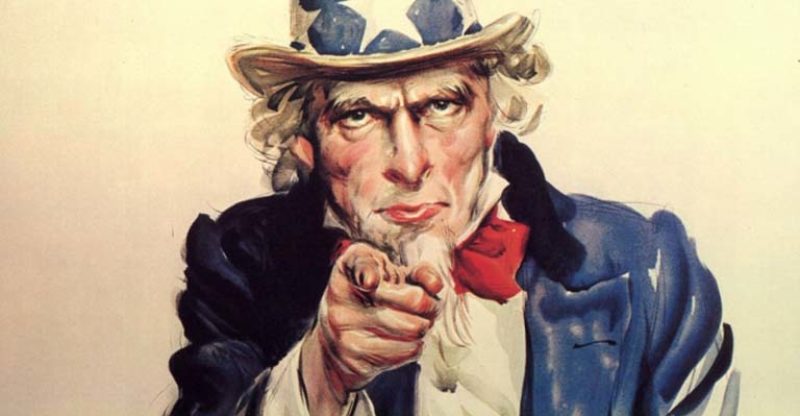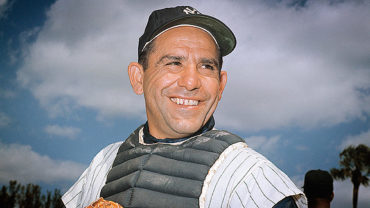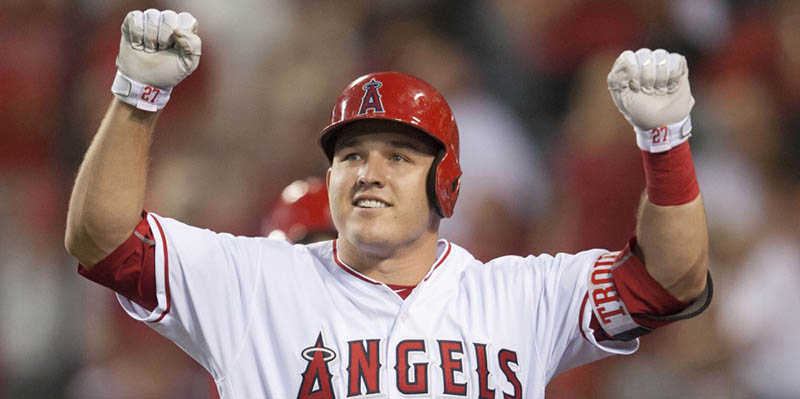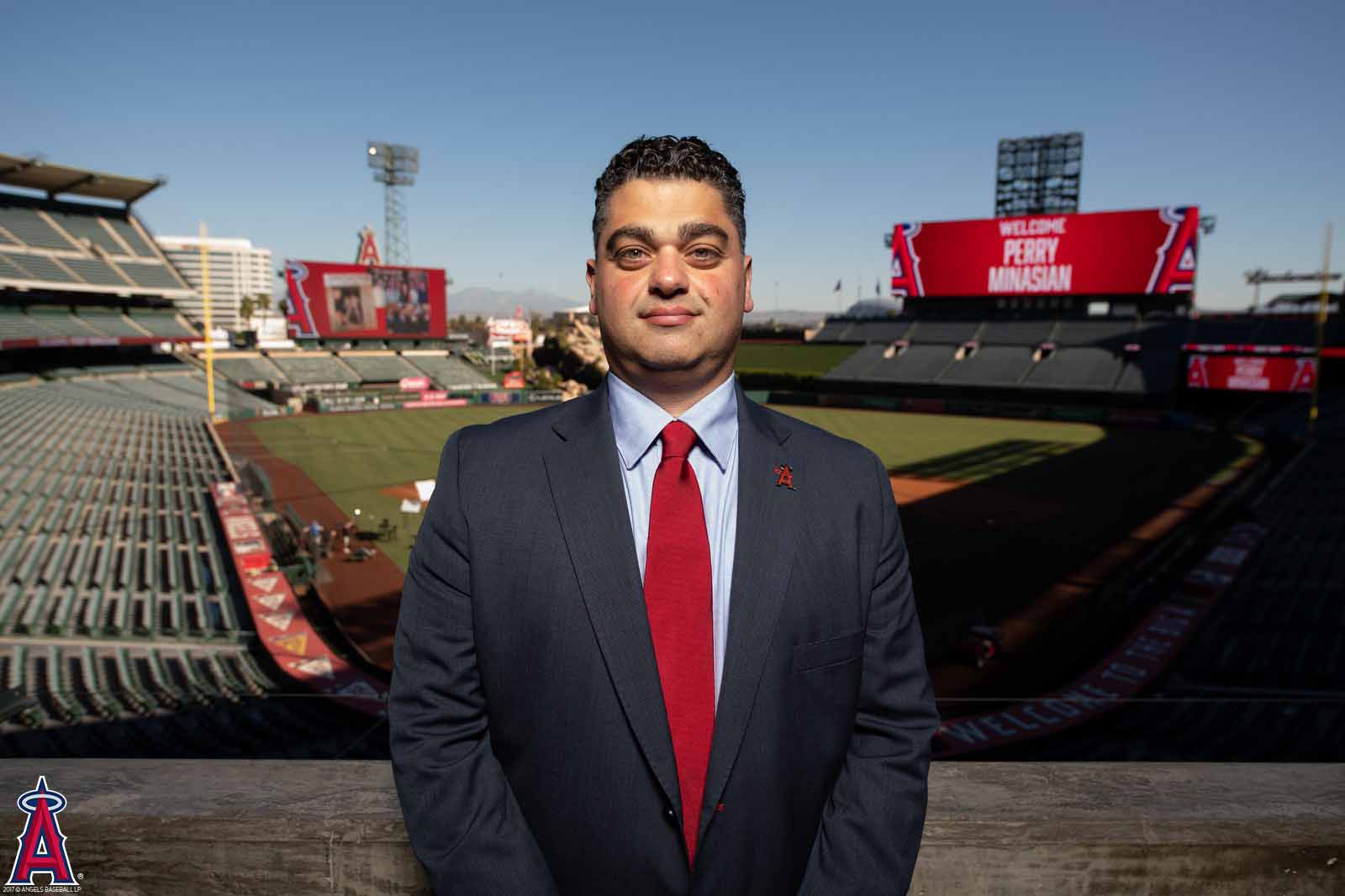FanDuel, DraftKings To Uncle Sam: This Is Skill, This Is Not Gambling!!!
The battle lines have been drawn!
The participants are each loaded with ammunition.
It’s two Fantasy sports sites versus the federal government.
And it’s all about interpretation.
Definition Is Critical
Is it skill – the ability, coming from one’s knowledge, practice, aptitude, etc., to do something well.
Or is it gambling – to stake or risk money, or anything of value, on the outcome of something involving chance.
So which is it?
That is the question.
There doesn’t appear to be a definitive answer.
Unfortunately, it depends upon whom you talk to.
And this is at the foundation of two giant industries whose livelihoods hang in the balance.
Everyone Has An Opinion
Legalists all around the country have chimed in.
Their differences are far reaching.
Strong opinions have been voiced on both sides.
About the only agreement they have arrived at is to disagree.
Anxious Fans
On the sideline awaiting a decision are approximately 57 million fantasy sports enthusiasts.
These are investors who are banking on their knowledge to return huge dividends.
They place wagers on athletic events.
And they trust their wallets to teams and individuals whose performances could be life changing.
Two Giants
At the foundation of this dilemma are the behemoths of the industry – FanDuel and DraftKings.
Both companies allow fans to engage in daily or weekly contests in which they can win money based solely on individual or team performance.
FanDuel was launched in 2009.
Three years later DraftKings was established.
Billionaires
When they peaked, both companies were estimated to be worth $1 billion.
Recently however, their business plan has been challenged.
This occurred after a data leak at DraftKings caught the attention of New York attorney general Eric Schneiderman.
It was rumored that secret information gave an insider an unfair advantage with regard to investing his money.
A DraftKings employee won $350,000 from FanDuel.
However, after an internal investigation. it was determined that lineups were locked prior to the release of the information.
Therefore, no unfair advantage was gained.
Reassuring Statement
DraftKings put out the following statement regarding the incident:
“Nothing is more important… than the integrity of the games we offer to our customers,”
Furthermore, the company promised to work with the industry, “so that fans everywhere can continue to enjoy and trust the games they love.”
Although he allegations proved to be unfounded, the damage had been done.
The uncertainty led to the issuing of cease and desist letters from the state of New York.
Plenty Of Company
Eight states followed suit, claiming the companies were engaging in illegal activities.
Said Idaho Attorney General Lawrence Wasden:
“The concern I have is that the paid daily sports offerings provided by these companies constitute gambling under Idaho law.”
Residents are still offered free to play contests, but in order to collect sizable winnings they must be registered.
Other state legislatures have moved to legalize and regulate the companies.
The fight was on and the costs were escalating.
Not So Sure
On top of that, investors who initially were eager to get in on the ground floor, were having second thoughts.
FanDuel was launched by Hubdub after $1.2 million in venture capital was invested by Pentech Ventures and Scottish Enterprise.
Series C funding ($11 million), D funding ($70 million) and E funding ($275 million) followed.
With offices in New York, Los Angeles, Orlando, Edinburgh and Glosgow, FanDuel had 400 world wide employees as of April, 2016
Hefty Investment
Not so surprising, the hiring binge resulted from the combined $150 million FanDuel and DraftKings spent on internet advertising during the third quarter of 2015.
DraftKings rode a similar plan with initial funding of $1.4 million, followed by investments of $24 and $41 million.
An advertising deal of $250 million (ESPN) and a $300 million funding deal (Fox) skyrocketed the company into another orbit.
In 2013, DraftKings shelled out $50 million to players who participated in the football, baseball, basketball and hockey seasons.
“We have always been passionate about providing the best possible experience for our customers,” DraftKings CEO Jason Robbins said in a release.
However, both companies have now had to turn their focus away from their customers and towards the courts.
New Playing Field
With charges of “illegal gambling” hanging over their heads, valuations reportedly have tumbled while legal fees have escalated.
Perhaps not so surprising, DraftKings and FanDuel recently announced a plan to merge.
“Joining forces will allow is to truly realize the potential of our vision.
“…As a combined company we will be able to accelerate the pace of innovation and bring a richer experience to our customers than we ever could have done separately,” Robbins explained.
Road Block
Yet there may still be another stumbling block in their path.
Either the Federal Trade Commission or Justice Department could play the “monopoly” card.
In 2014 DraftKings purchased rival DraftStreet, the sports third largest company. The acquisition increased DraftKings used base by 50 percent.
Today, DraftKings and FanDuel are believed to control between 90 to 95 percent of the fantasy sports business.
Needless to say, eyebrows have been raised.
And how it all plays out in ANYBODY’S GUESS?
The Southern California News Group Contributed To This Article
John Stellman
Latest posts by John Stellman (see all)
- Eight Teams With A Common Bond, And A Ninth Just Crashed The Party - February 16, 2022
- Is This Dodgers Team Better Than Last Season’s World Champions?? - February 15, 2021
- New GM Minasian: Is 3rd Time The Charm, Or Is It 3 Strikes You’re Out? - November 16, 2020








